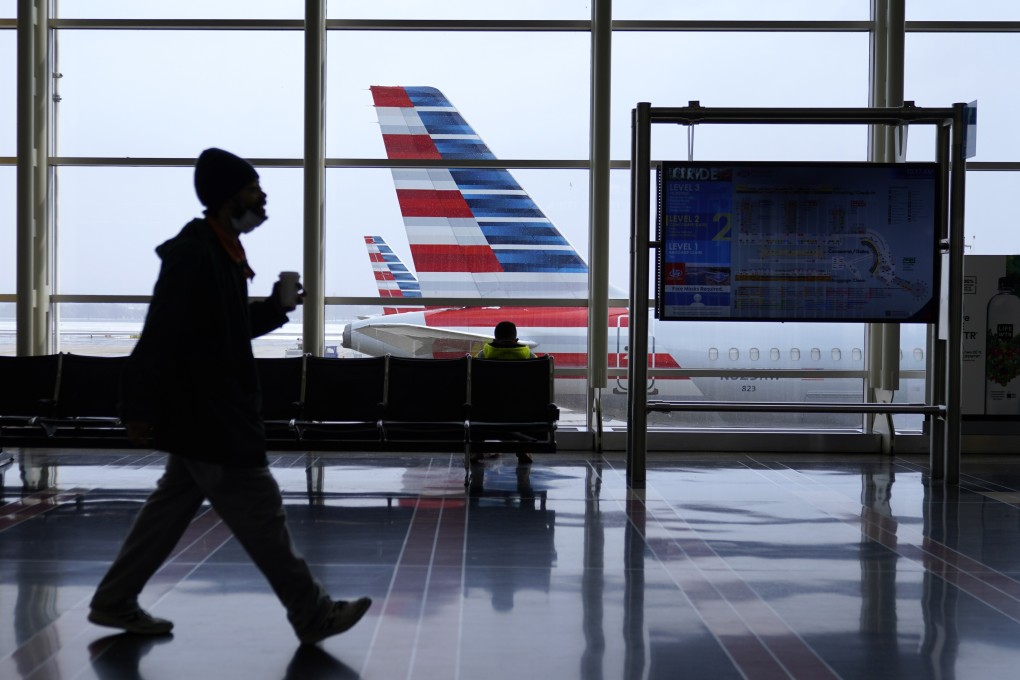US gets back to granting visas for Chinese students as numbers rebound to pre-pandemic levels
- China is the largest source of international students in the US, with more than 380,000 active students in the country last year
- Education consultants in China report continuing strict scrutiny by the US for postgraduate students in hi-tech, strategic or ‘sensitive’ fields

The US granted 33,896 F1 visas to Chinese nationals in June, a significant increase from only 8 in June 2020 when US missions worldwide suspended routine visa services because of the pandemic. This year’s figure was at a similar level as the 34,001 visas granted in June 2019 before the pandemic.
“US schools will largely resume in-person classes this autumn, so student visa appointments can be made as normal, but the other visa applications to the US have not yet been reopened,” an employee at the Beijing-based consultancy New Oriental said.
“It is just that some graduate students may be in more sensitive areas of study, so there may be a certain impact on the visa approval process but this will not affect undergraduate visas.”

The resumption of visas comes ahead of the autumn semester for US colleges in September, and the strong number of applicants are a sign that Chinese students are still eager to head to the US after a dip in interest last year.